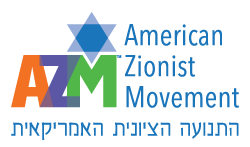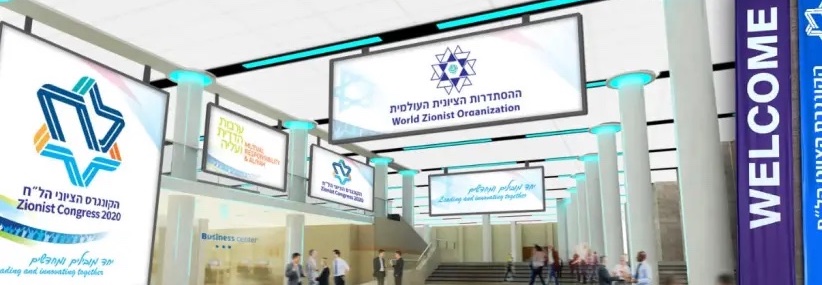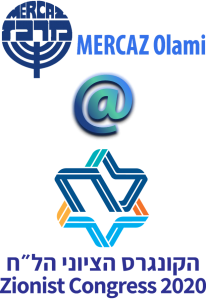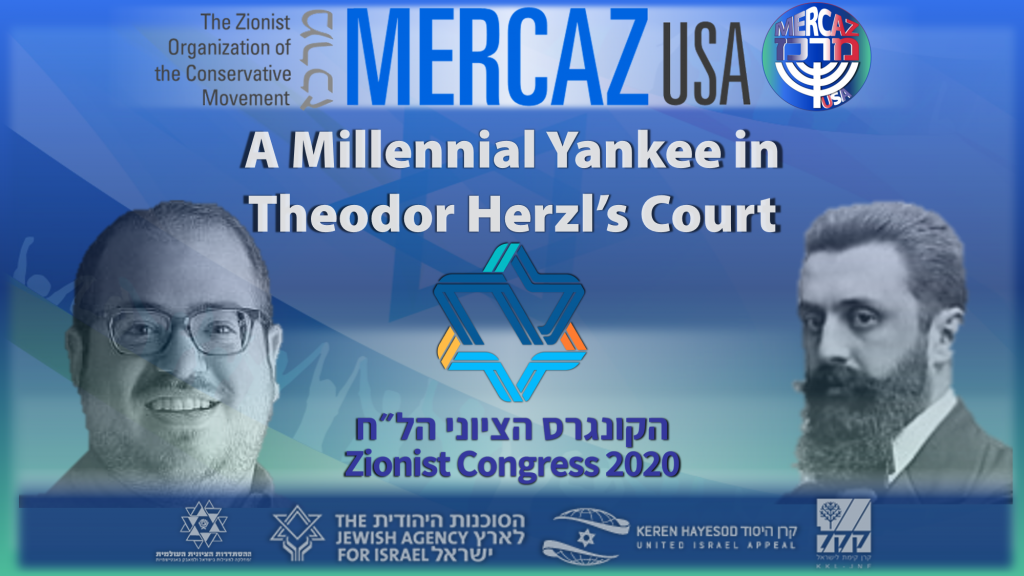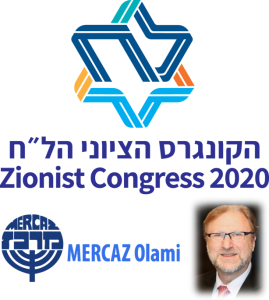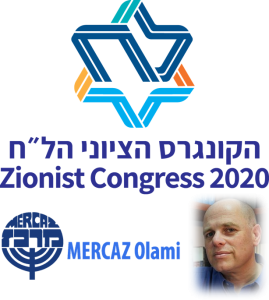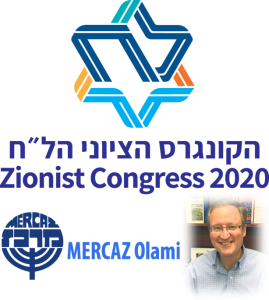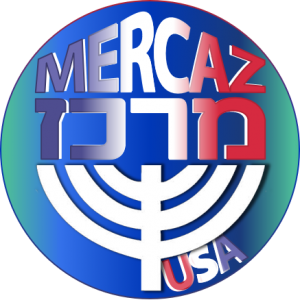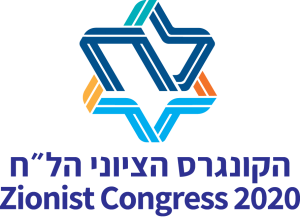
Mercaz Olami, the political arm of Masorti-Conservative Judaism in the National Institutions of the Jewish people – WZO, Keren Kayemet L’Yisrael (JNF), Keren Hayesod, the Jewish Agency – strongly opposes a proposal made by the recently appointed Chairman of the Keren Kayemet Board of Directors to establish new guidelines for purchase of land in Judea and Samaria. Our opposition is based upon four principles.
First, we insist that the National Institutions of the Jewish People relate to the Government of Israel in a Democratic manner. Inherent to KKL’s mandate is to work in tandem with the democratically elected Government of Israel, currently engaged in an election campaign. Democracy dictates that settlement policy for the Judea and Shomron remains as the jurisdiction of the Knesset and the soon-to-formed Governing Coalition. It would be undemocratic for KKL to politicize and overstep its role by formulating its own settlement policies.
Second, we insist that KKL symbolize the principle of Zionist consensus. The Land of Israel is embodied by KKL. Thus KKL belongs to the entire Jewish People in Israel and the Diaspora. Fundamental changes in the manner in which KKL manages The Land ought not be made by Israelis alone. Wall-to-Wall Coalition Agreements must emerge from each Zionist Congress. So too, as in the past, KKL must act according to this principle of Zionist consensus. KKL’s policies must recognize and respect different approaches to the actualization of Zionism. The proposed action attempts to favor the settlement policy of one group, Israeli Jewry’s Far Right, over all others. Politicizing KKL would be inconsistent with KKL’s principle of Zionist consensus, a basic tenet of KKL throughout its history.
Third, we oppose any sudden and dramatic change in KKL’s status quo. Throughout the past decades, KKL has purchased land in the Negev, the Galilee and throughout the areas within sovereign Israel as a unifying element for Israeli and World Jewry. The proposed changes represent a dramatic departure from KKL’s status quo. Moreover, the process is flawed. These changes have been presented in a deliberately rapid and vague manner. It has not allowed for in-depth consideration of implications and consequences. The attempt to conduct a hasty discussion, also is blemished by attempts to conceal from members of the Directorate relevant information. This is not proper conduct for a public institution of the Jewish People.
Fourth, we oppose any distortion of Zionism. Though he claims otherwise – what the new chairman of KKL is proposing is not a return to a KKL-Israeli government collaboration, the basic core of KKL Zionist ideology. Instead, what is proposed is a unilateral act by the KKL to buy lands in the territories at its own discretion. Unilateral non-government private purchases of lands in the territories using Jewish money is not Zionism. It is a distortion of Zionism. It demolishes the bedrock of cooperative collaboration between the National Institutions of the Jewish People and the State of Israel. It would damage bonds between them.
Our member of the Executive Committee of the KKL Board of Directors, Emily Levy-Shochat, was part of a group which succeeded in slowing down the process and demanding changes in the content. Our Masorti-Conservative Judaism representatives in KKL’s Executive Committee, Board of Directors and General Assembly will persevere in this effort.
As noted by Levy-Shochat, KKL Deputy Chair on behalf of Mercaz Olami: “This is not just a KKL policy issue, but a much bigger question about the future of the Zionist Movement. We will continue to insist that the National Institutions, among them KKL, not be taken over by partisans of any one group. We also call our Zionist concerns to the global Jewish organizations represented in the World Zionist Congress and in the KKL Board of Directors – Hadassah, WIZO, Maccabi World Union, B’nei Brit and NA’AMAT International.”



